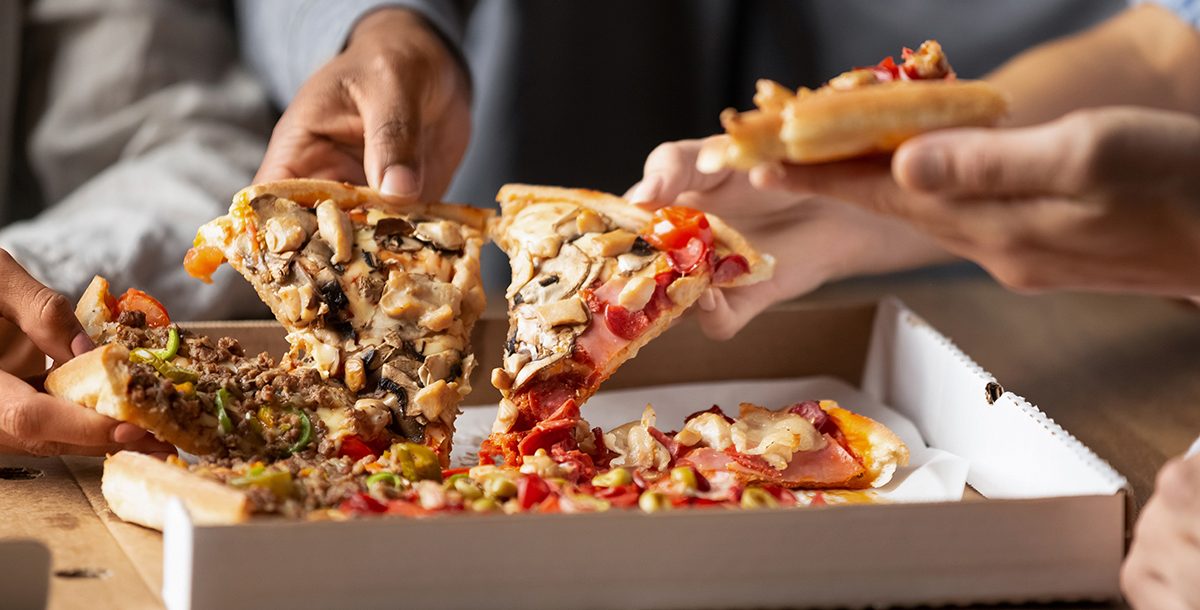One part of the weight loss journey involves knowing good eating behaviors from risky ones. At Bon Secours, we work with patients not only to safely and effectively lose weight, but also to work toward a healthier lifestyle.
This means making the right choices when it comes to exercise and food. When someone is able to identify the wrong behaviors, they can then begin to work toward more positive lifestyle changes.
Examples of bad eating habits include:
Not planning meals. Life gets busy, it’s true. Leave decisions on dinner to chance and you may end up having takeout too often. When you plan home-cooked meals ahead of time, you not only save time and money through preparation but you have the added benefits of better portion control and perhaps fewer leftovers crowding the refrigerator.
Eating on the run. Drive-through service has increased during the COVID-19 pandemic, and as mobile ordering allows fast food to come to us faster it’s difficult to turn away. Grabbing a meal in a bag on the way to work or someplace else, however, can lead to problems. You may not make healthy food choices and you might eat faster and not chew your food properly, causing indigestion.
Too-large portions. Sometimes our eyes are bigger than our stomachs. Set serving sizes help us track how much we eat and how many calories and nutrients we intake. Piling our plates with food is likely to encourage us to eat more than what is needed to get through the day.
Eating to eat. Think of a time you were at home reading a book or watching TV, and you automatically reached for a bag of chips or candy. Mindless eating is a bad habit in that eating becomes something to do because you are bored or restless, not because you are actually hungry.
Learn about the nutrition services we offer at Bon Secours and find a provider near you.





